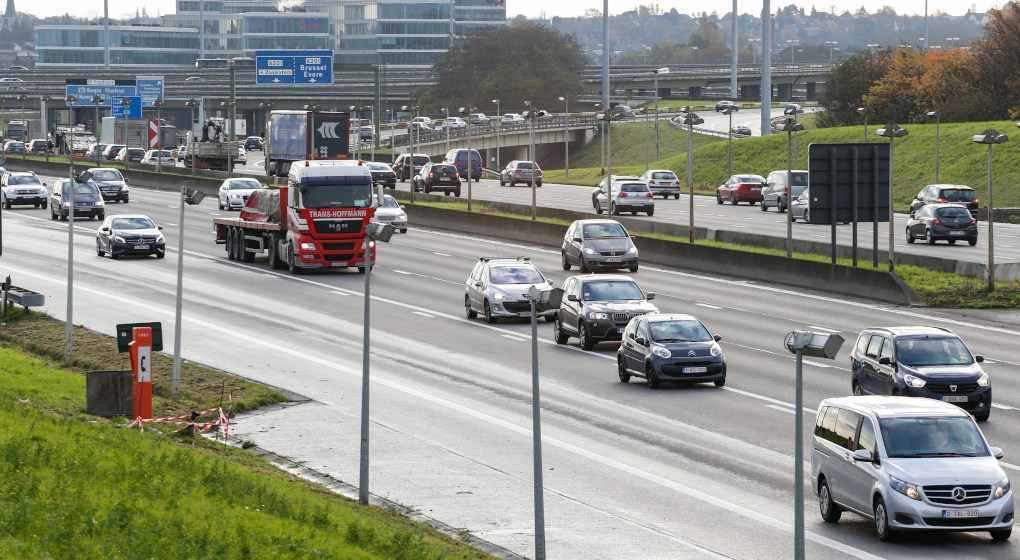The oncoming heatwave in Belgium could lead to an increase in the number of deaths and serious injuries on the roads, according to a new report by road safety institute VIAS.
A VIAS analysis of the impact of heatwaves during the past 15 years revealed that prolonged hot spells led to a hike of 14% in the number of road deaths and serious injuries.
During a heatwave, VIAS found that the number of deadly or serious accidents rose by 7% on average compared to periods with regular weather and that the overall number of serious accidents also rose by 11%.
Related News
- Heatwave: Belgium faces 30°C for at least a week
- Adapt behaviour to the heat and the virus, crisis centre says
- Weather Report: Heatwave will last into next week
"With the current heatwave set to last for around eight days, we risk seeing between 60 and 70 more accidents leading to deaths or serious injuries, which will, in turn, result in between 15 and 20 additional deaths or grave injuries," VIAS wrote.
Sweltering temperatures caused higher irritability and fatigue among drivers, making them more susceptible to make a mistake behind the wheel.
"Heat creates a sort of physical exhaustion in people, they are less patient towards others than in normal circumstances," VIAS psychologist Ludo Kluppels said. "When drivers are warm, they are more irritable and more likely to get angry, to get more easily frustrated and to be more impulsive."
VIAS also said that the rise in the number of serious accidents was linked to the fact that, during heatwaves, there were more people on the road, and also more motorised two-wheelers.
Citing a separate study by the Swiss Bureau Road Accident Prevention, VIAS said that extreme temperatures led drivers to be more careless, saying that they were more likely to get really close to the vehicle in front of them, to take longer to decrease their speed or to be less cautious when entering a new lane.
The Belgian road safety institute pointed out that it was important to make sure that tires were correctly inflated before driving, saying that badly inflated tires were more likely to bust when coming in contact with sizzling asphalt.
Heatwaves also led to an increase of 20% in the number of assistance calls, with a majority related to the battery or engine overheating.
"It's logical: the battery is under much greater strain, especially with the air conditioning and ventilation running at full throttle," VIAS wrote.
The institute recommended drivers hitting the road this weekend or throughout the heatwave period to verify the state of the tires and the oil levels of a vehicle, also urging drivers to avoid using their winter tires "at all costs" since they will get deformed or used up much quicker under the heat.
Additionally, the institute said drivers should take sufficient fresh water with them, wear light clothes when driving, use a sunshade when parking in areas with no shade, and, above all, never leave a pet or a person inside a parked vehicle.
Gabriela Galindo
The Brussels Times

